Study in Canada
Canada lies under the list of the highest educated nations around the globe. It has a persistent and well-financed system of education, controlled by the Canadian government to a great extent. The Canadians strongly supports education, from kindergarten to the post-secondary level, disbursing almost an amount of 6% of their GDP on the education sector. Canada has a vast network of higher educational institutes like colleges and universities, providing some of the supreme post-secondary education globally. Canada possesses several university programmes that are recognized as one of the best in the world on the international platform which are positioned in both urban as well as in rural areas all over the country. Degrees that are granted to students from Canadian universities are usually acknowledged similar to those offered by globally acclaimed universities and corporates.

Universities
There are over 96 universities in Canada. These educational institutions are home to both local as well as international students who are seeking quality education. As per the recent statistics, almost 10% of the university population of the nation comprises of foreign students. Cities like Ontario, British Columbia, Toronto, and Quebec are amongst the top preferences of international pupils. These cities accommodate a few of the best universities in Canada. One can say without a doubt that with 5.4% of the overall GDP being spent on education by the Canadian Government, there is a provision of best guidelines for all its programme offerings. There is a constant check on the quality standards of education that is being conveyed by Canadian schools and post-secondary establishments.
Eurostudy’s allows you to select from private or public universities as per your choice. It provides you with the basis that can help you select from a broad array of factors like the location, prices, courses, quality of education and other facilities. Post-secondary education in Canada is categorized into two parts from which students can choose. Universities are for those students who are seeking a degree like bachelors, masters or PhD. And colleges are for those students who wish to get a certificate or diploma on a certain field of specialization. These universities contain several specialization courses. If you’re not sure about which specialization course to opt for then our Eurostudy’smigrationexperts will surely help you decide the course you should opt for.
Some common Facts About Canadian Universities
Some common facts about Canadian universities which students did not know are Twenty-six out of 96 universities in Canada are renown to be high-quality education imparting institutions. There are 1.6 million occupations are available for university graduates in Canada. Canada university tuition fee is comparatively lesser than the tuition fee demanded by other American universities. Top universities in Canada are:
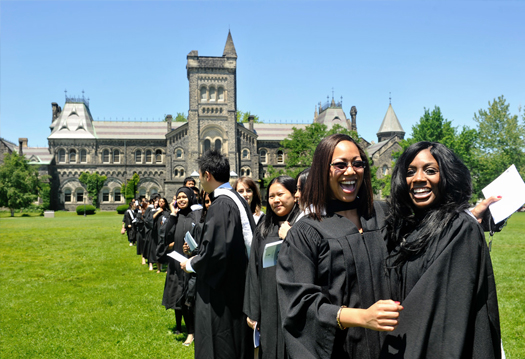
University of Toronto
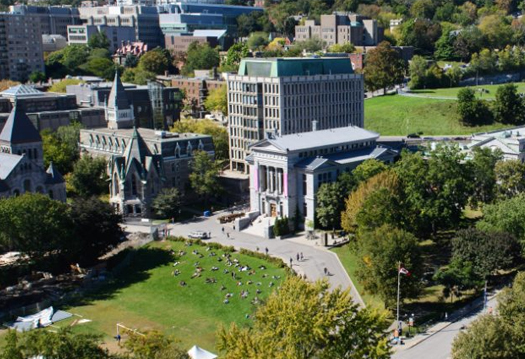
McGill University

University of British Columbia

University of Montreal
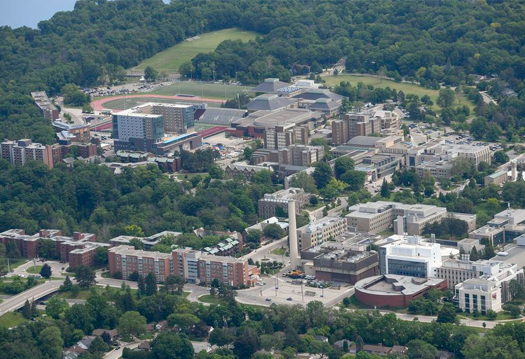
McMaster University

University of Waterloo
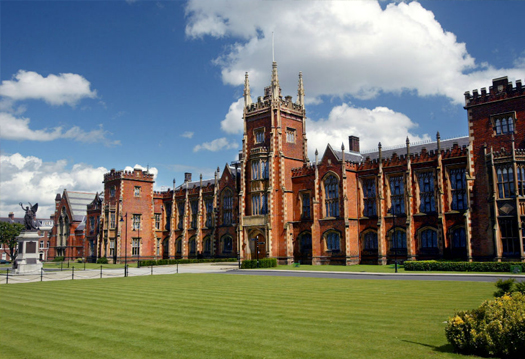
University of Montreal
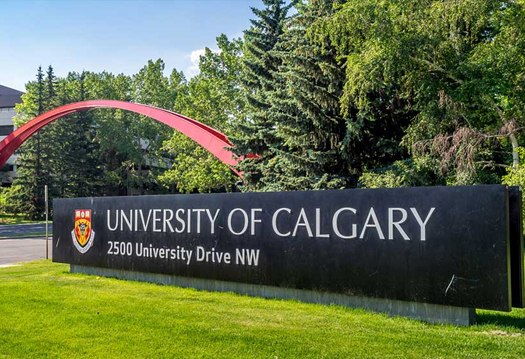
University of Calgary
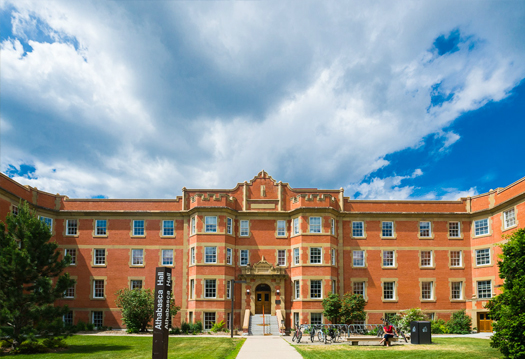
University of Alberta
Work Permit in Canada
You would only be qualified to work in Canada while pursuing your studies if your permit incorporates a condition that states that you can work on or off-campus. You can only start working in Canada when your study program commences. You would not be permitted to work before the commencement of your studies. You can only work as a co-op student or intern if your study program comprises of a required co-op or internship placement. You can only continue working in Canada if you apply for a post-graduation work permit (PGWP). Majority of foreign nationals require a work permit to get employed or to work in Canada.
There are 2 types of work permits which are accessible for working in Canada:
- Employer-specific work permit
- Openwork permit
Visa Details and Benefits : Applying for a Canadian Study Permit
Universities of Canada welcome international students in a warm-hearted manner. The procedure for applying for a Canadian Visa is not that complicated. If you desire to graduate from one of the top universities in Canada, then here is the procedure for you. We at Euro studies, provide international students with proper guidance for applying for a Canadian Visa. The process for applying for a Canadian visa starts with the acquisition of a standardized acceptance letter from a renowned higher learning establishment. You must acquire this before being allowed to apply for a study permit.
Eligibility Conditions for Canada Student Permit:
If you fulfil the undermentioned criteria only then will you be considered eligible to fill the application form for a Canadian student permit.
- You are required to be confirmed by a designated learning institute (DLI).
- You are also required to give any evidence that you have appropriate funds for the payment of your college fee as well as your accommodation expenses.
- You are also required to prove that you have a clear and non-criminal history and would also have to undergo police authentication to prove that.
- You are also required to undergo a general and overall health check and have to acquire a medical certificate that states about your physical as well as mental well-being.
At the time of interview for a student permit, you would have to persuade the visa officer that you will depart from Canada after the completion of your studies.
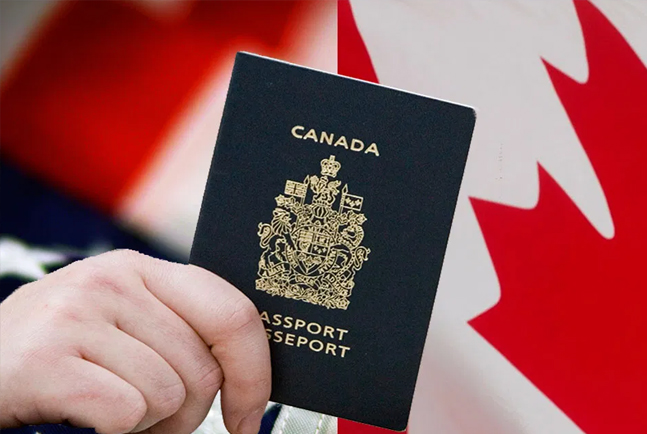
Which Documents are Required for Canadian Visa ?
One should start the procedure for the application of student visa after the acquisition of your college acceptance letter. Here is the list of the following documents that are required for the application of student permit:
- A Valid passport
- Evidence of Acceptance through a Designated Learning Institution
- Evidence of Funds required to Live and Study in Canada
- Passport-Size Photographs for Identification
- Immigration Medical Examination (IME)
- English Language Proficiency Exam Score
- Declaration of Intention
- Credit Card
Study Environment in Canada
Classrooms in Canada are different as well as culturally diverse. Canadian study environments are the best for the following reasons:
- It has comprehensive, supportive as well as a friendly category of teachers and professors. Students appertaining to all backgrounds as well as fine career guidance services.
- The Canadian Schools, Colleges & Universities are considered one of the safest options for international students. Whether you are studying off-campus or working at night hours, Canada has the safest options for you to explore.
- The study culture Canadian universities follow involves the standards of excellence, novelty and freedom of academic. The degrees certificates and PGDM courses offered by Canadian colleges and universities are worldwide recognised.

Study Life in Canada
The 500,000 international pupils who come to Canada each year for are just the least number of students you could think of. Thousands of individuals migrate here to gain elementary or high school education, or to participate in exchange programs or to join language school. A great place for achieving growth and to succeed as a student.
